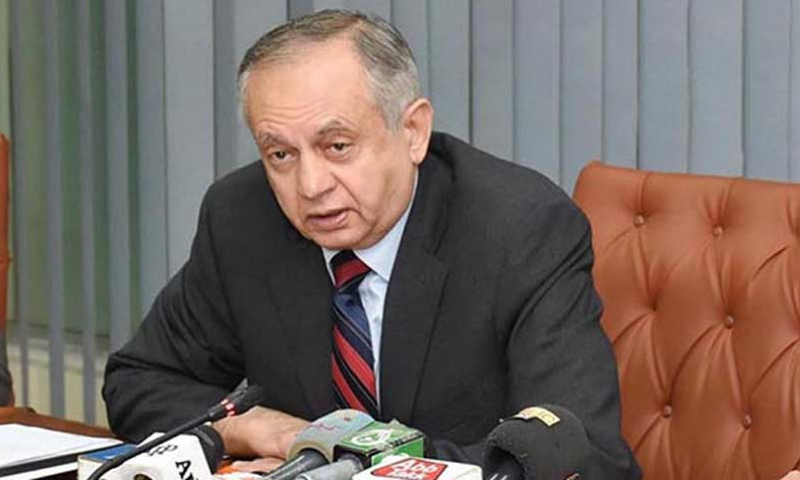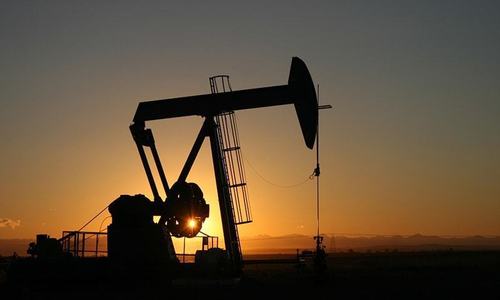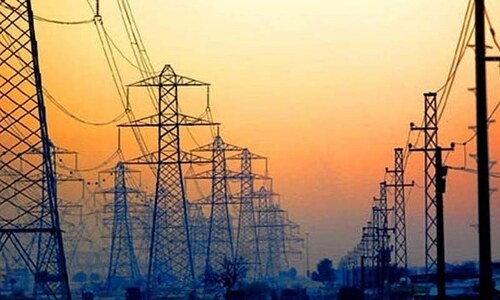ISLAMABAD: The government promised on Thursday to soon provide incentives to refineries to encourage investments in the petrochemical sector.
Speaking at a petrochemical symposium, Prime Minister’s Adviser on Commerce Abdul Razak Dawood said Pakistan should not always rely on the textile sector but find new areas for diversification.
“Petrochemical and steel sectors are the mother of all industries. We have to structure tariff, duties and taxes for setting up a progressive and successful petrochemical industry,” he said.
Board of Investment (BOI) Chairman Muhammad Azfar Ahsan said the petroleum policy was in its final stages. “Implementation of this policy will bring an investment of $3 billion in the near future,” he said, adding that only by setting up the naphtha cracker plants, Pakistan could achieve import substitution to the tune of $800 million and create 50,000 direct and indirect jobs.
Razak Dawood says Pakistan should not rely only on textile sector and find new areas
Special Assistant to the Prime Minister on CPEC Khalid Mansoor said the country currently imported about $3bn worth of petrochemical products annually and the demand was growing between 5pc and 7pc. He said Pakistan needed $4bn to set up a petrochemical plant.
He told the participants that investors from China were also interested in investing in Pakistan’s petrochemical sector. He said Pakistan needed industrialisation for progress, for which the authorities had to devise a strategy to reduce imports and increase exports. This would help in job creation at a massive level, he hoped.
Finance Minister Shaukat Tarin, who held the same position for 15 months between 2008 and 2010, lamented that structural reforms required to boost the economy were not taken between 2008 and 2018.
He said Pakistan was among the fastest-growing economies in the 1960s but unfortunately, massive nationalisation and deindustrialisation followed by Pakistan’s involvement in Afghanistan and Russia’s war hampered the country’s economic growth. Pakistan, he said, suffered another setback when it entered the US’ war on terror’. These steps jolted the economy and halted its progress, he said.
Published in Dawn, March 18th, 2022














































Dear visitor, the comments section is undergoing an overhaul and will return soon.